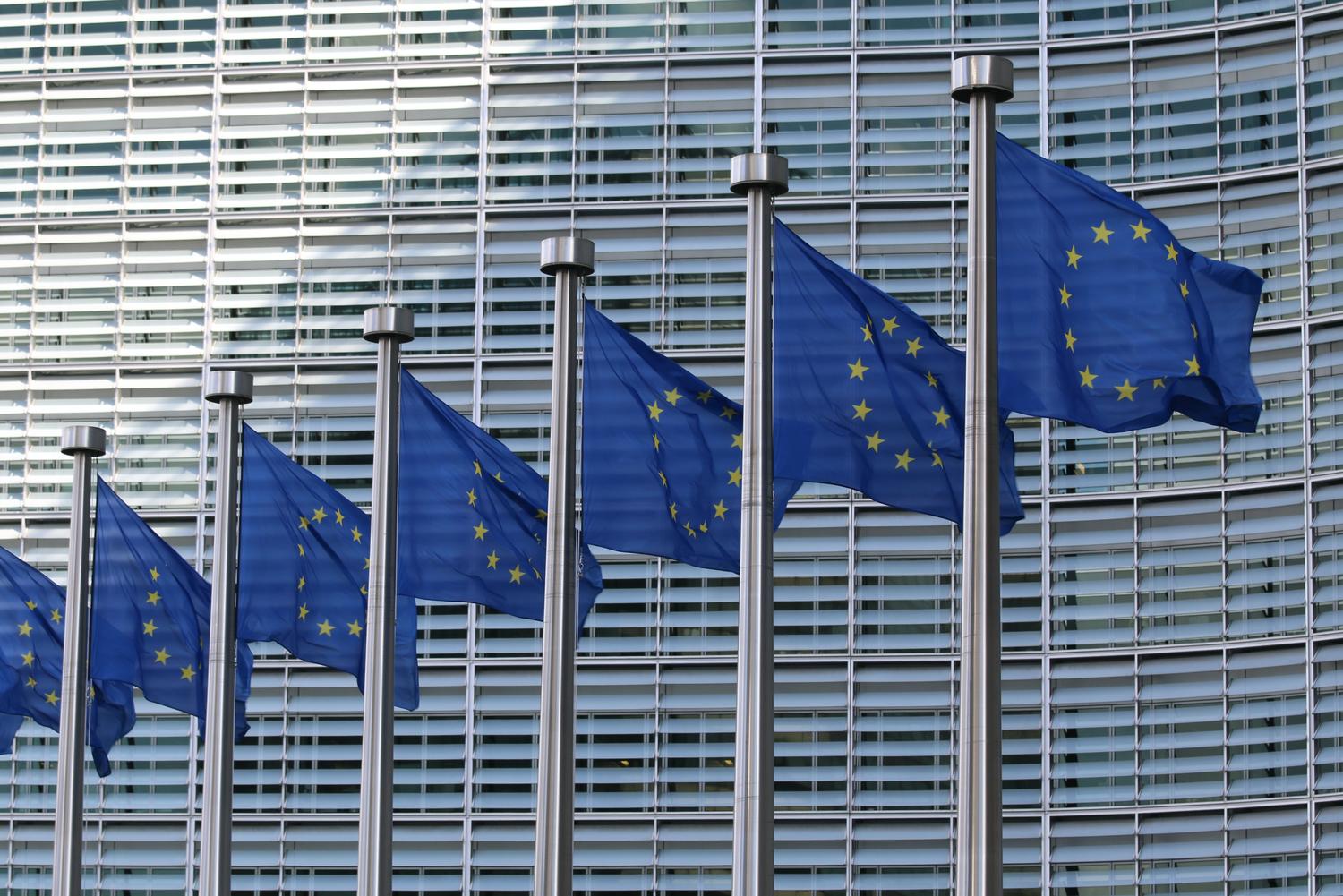Post COVID? It's better than before! Why we predict a strong earnings season ahead



Switzerland’s withdrawal from negotiations with the EU to codify future relations into a single overarching “framework agreement” did not appear to impact market sentiment and fundamentals. Why? Market knowledge that companies exporting to the EU had already taken measures well ahead of time to protect product certifications and production set up, as well as a boost by the euro de-peg back in 2015.

Only time will tell whether they will be able to comply with data protection EU rules, to maintain fiscal advantages going forward and (for those of us in Switzerland) to get equipment and goods at the same price as before. As an example, the med tech universe has been particularly proactive in this respect and well anticipated the outcome. However, industrials such as Geberit may face a tougher challenge if they wish to maintain taxation structures that apply CH rates to goods produced and sold in the EU. In addition, companies with large exposure to real estate such as Swiss Life may be impacted by upcoming new taxes on German real estate.
And last but not least, the 15% global minimum tax the G7 finance ministers have agreed on might set the base for further negotiations with the EU given that 18 cantons and 8 out the top 30 companies by market cap have a tax rate below that hurdle.
Swiss Market earning season is fast approaching with Q2 numbers. Due to the pandemic, year on year comparatives would not be truly representative and in order to address this, companies will be forced to flag their performance compared to H1 and respectively Q2 2019. After Q4 2020 and Q1 2021, there is no doubt that high quality companies will deliver excellent numbers in the knowledge that some of them already returned to growth versus 2019 during Q4 2020. Great examples in the field are construction and infrastructure plays, such as Sika +4.1% organic growth, Geberit +6.8% Lafarge +1.5% and also med-tech play Straumann +7.7%. All are enjoying a resurgence from a devastating Q2 2020 earlier than expected, continuing well into 2021 to March and showing accelerating like for like exit rates.

In addition, companies already undergoing structural changes before will get a Covid “accelerator effect” in 2020 which become more and more apparent during 2021. Some businesses, such as ABB demonstrated great progress already in Q1, while others such as SGS and Adecco will be more skewed toward H2 2021. Luxury players Richemont and Swatch suffered a hard impact from Covid through store closures and lack of tourism. However, there were signs of an early cycle recovery in Jewellery at the end of 2020 well ahead of 2019 numbers, with Watch export data showing a resurgence in the respectivelyupper and upper high end price segments ahead of 2019 numbers since March.
Turning to flagship stocks Roche, Novartis and Nestle, which represent 67% of large caps index SMI and 46% of market SPI. These stocks continue to weigh on overall market performance, resulting in Switzerland severely underperforming Europe. This is despite the biggest market cap stock Nestle enjoying a boost on its Q1 numbers from Out of Home recovery and at Home, specifically lock down beneficiaries Nespresso and Nestle Health Science.
Our Pharma giants did suffer the Pandemic impact on elective treatments, with our second biggest stock ROG feeling additional effects from biosimilar competition from the US. However, the Biogen Alzheimer drug FDA approval has been an inception point for the whole sector to rerate after showing pricing power muscles and portfolio managers should beware entering H2 underweight here as these effects will begin to phase out post Covid. These are names that cannot be avoided in a sensible portfolio if they start to outperform.
During Q1 and particularly in March, reflation trade flow increased due to domestic managers being caught underweight in financials. Greensill and Archegos certainly did not help with market perception of the big banks but Julius Baer and Swiss Life could benefit from reflation trade supporting financials. However the hidden gem here is NOT a reflation trade play as one might expect, but Partners Group in Private Equity. Not many anticipated the earlier than expected M&A respective performance fees resurgence after the first Covid lock down, but their perfectly oiled machine has taken advantage of this and will continue on the M&A 2021 acceleration trend.
Last but not least in “Pandemic” stocks, the technology leaders Logitech and VAT plus freight forwarder Kühne + Nagel. These performed well in 2020 thanks to support from sky rocketing numbers in the semis, video and gaming respectively. However, they are further outperforming so despite high valuations, thanks to the persistence of these supportive trends well into the year. Whilst comparatives will get tougher into H2, one must be mindful of being overly pessimistic. These businesses have effectively mastered the hyper cycle, becoming the masters of efficiency, and these trends are here to stay; supporting earnings momentum of these improved business models.
We expect earnings momentum to continue to support market fundamentals well into the year, particularly with regards the cyclical part of the market with big and small midcaps, thanks to the post Covid recovery. While “pandemic” stocks will face tougher comparatives, heavyweight pharma should finally enjoy a boost towards the end of the year which will support overall market performance.
This publication is prepared by Mirabaud. It is not intended to be distributed, disseminated, published or used in any jurisdiction where such distribution, dissemination, publication or use would be prohibited. It is not intended for people or entities to whom it would be illegal to send such publication.
Read more
Continue to
Asset Management
